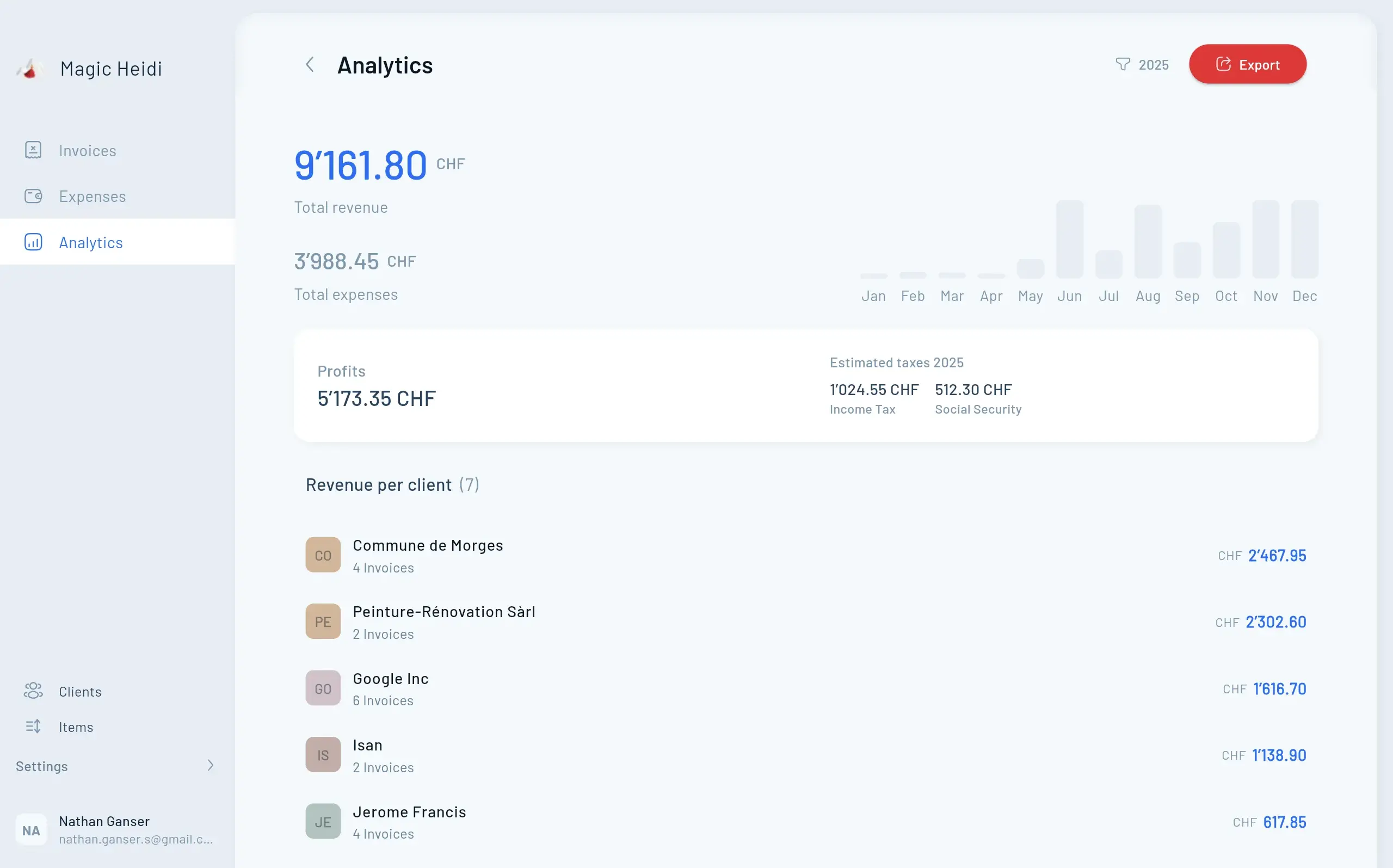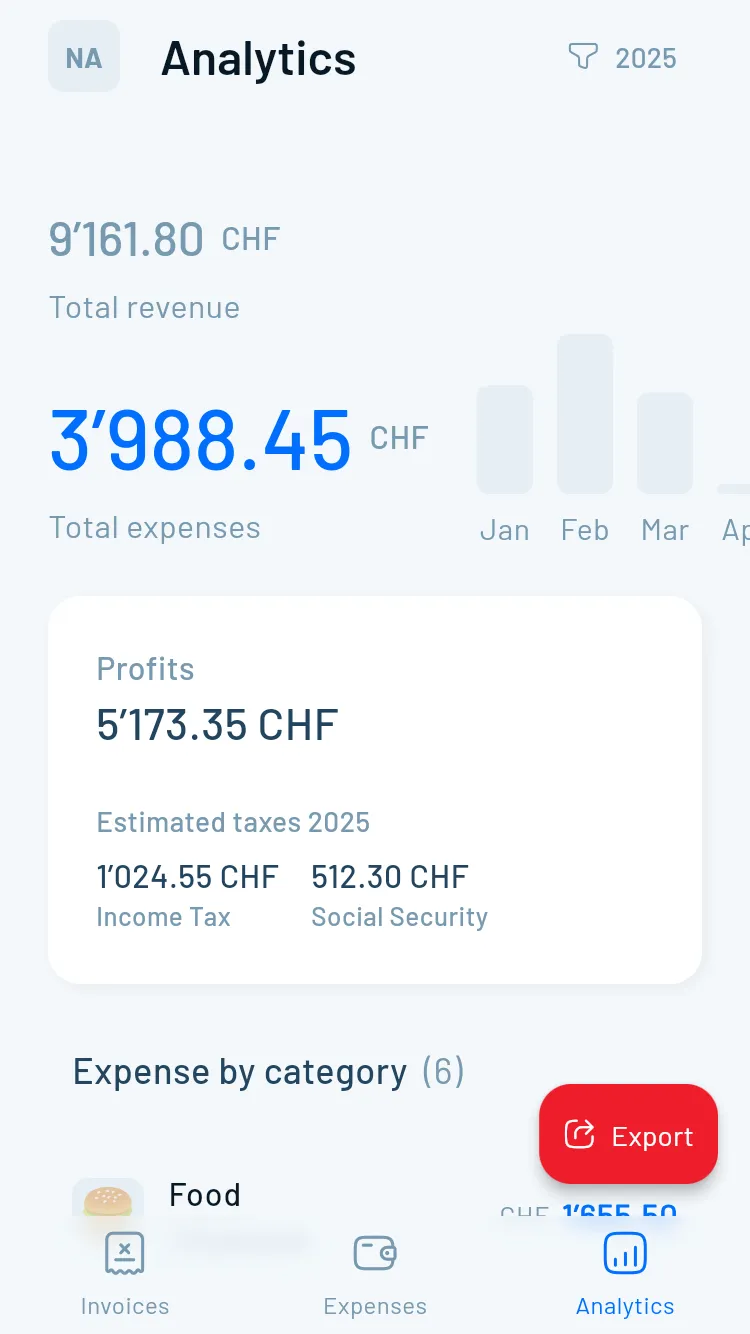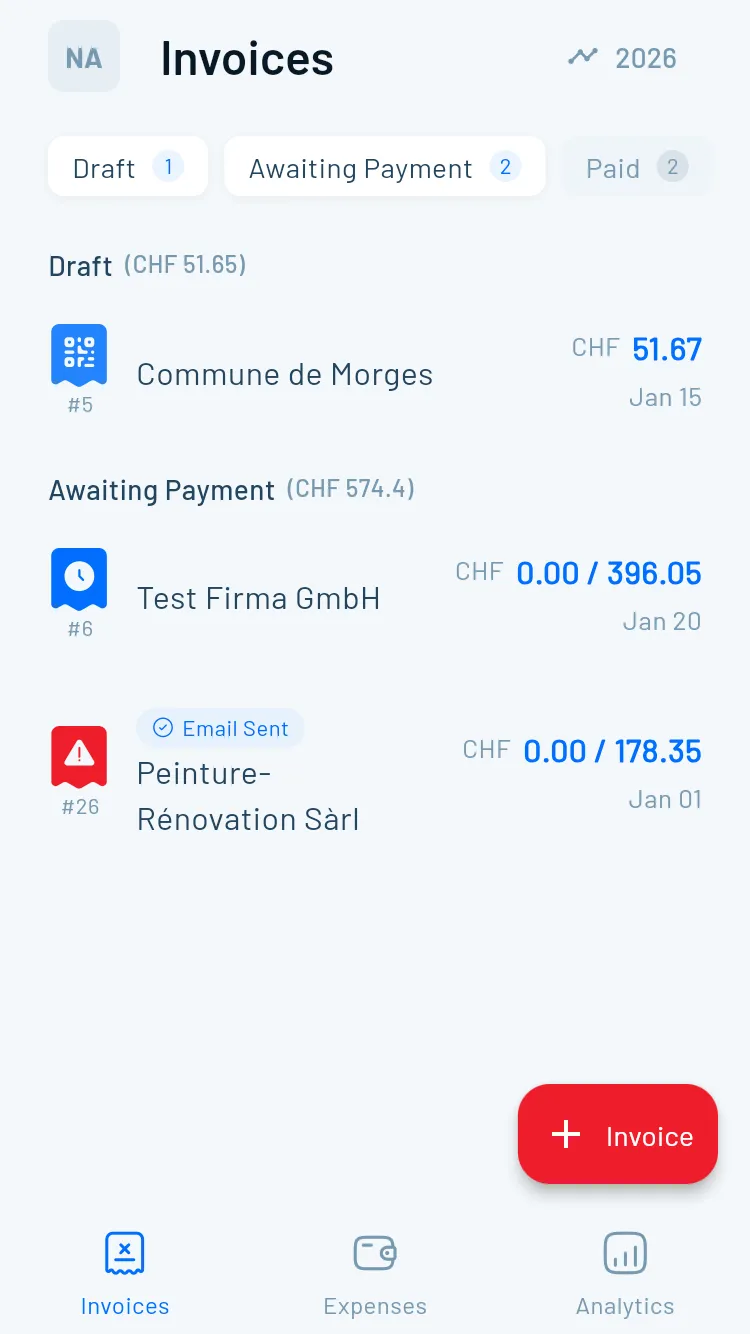I thought I was working 40 hours weekly. Time tracking revealed 52-hour weeks with only 45% billable time. The data shocked me into action. I raised my hourly rate 30%, fired my two least profitable clients, and now work 38 hours weekly earning 20% more.
UX Designer, Zurich


